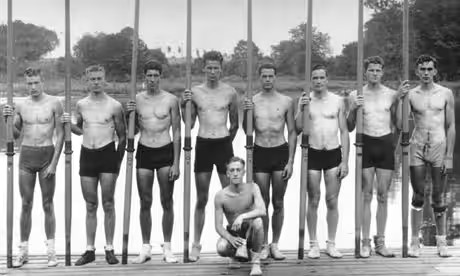I believe every adult needs to have resources that are just theirs. That gives them security, options and a credit score that they have control over. If a spouse makes the sacrifice to be a SAHparent - that doesn’t remove the need for their own resources, it actually makes it more imperative.
My grandma called it ‘mad money’ when women are dating (money that you had so if you wanted to leave a situation, you could call a taxi and pay for it without having to rely on someone else to get you home). Individual accounts/savings is, in my view, the grown up equivalent of ‘mad money’ so that you aren’t economically trapped in a situation with no options if things go sideways.
We share a joint checking/savings account where paychecks are deposited and both spouses have access to. We have one joint credit card account. We also each have our own accounts (checking/savings, IRAs and taxable). Spouse has a 401(k) and an HSA as well. Most of our credit cards are held in our individual names - not joint.
As a couple, we decided how much money goes into individual accounts from the joint accounts at the beginning of each year as part of our budget process (full transparency). Once the money is ‘individual account’ money - that can be used as that individual deems appropriate without any discussion or debate.
I don’t have to have to get agreement from anyone about how I spend or save the money in my individual accounts. I can go out with friends for lunch, save up to buy a splurge outfit/experience or even do a great impression of Scrooge McDuck and save all it with a future plan of swimming in gold coins.
To be clear, spouse also has individual accounts that he controls completely. I have no say over what he does with that money. As I said at the beginning, I think every adult needs to have some resources that are just theirs.
It can be very easy to fall into a situation where in a one-income family - all the savings is going into the income-earner’s individual retirement account and a joint checking/savings account.
If anything goes wrong in the relationship (internally or externally) - that can leave the non income earner in a precarious position.
If there are any control issues or domestic violence issues - it can be risky to save/remove any money from joint accounts because there is no privacy.
If your spouse dies and you don’t have your own credit cards and no income - it can be difficult to get credit while you are already dealing with a hard situation.
I am not exactly sure what you mean by disadvantageous from a tax perspective. Since we do fully fund spouse’s 401(k) and take advantage of that tax deferment…why wouldn’t we then also save money in a taxable account (that is in my name)? That way, both of us have individual savings earmarked towards retirement (in addition to our IRAs). It’s pretty simple to choose investments in taxable accounts that are tax efficient.
P.S. We opened savings accounts for our children when they were young and gave them allowance for much the same reason. They, too, needed to have resources that were solely their own. To learn how to use money, to learn how to save money and to be able to have some measure of autonomy in decision making.

